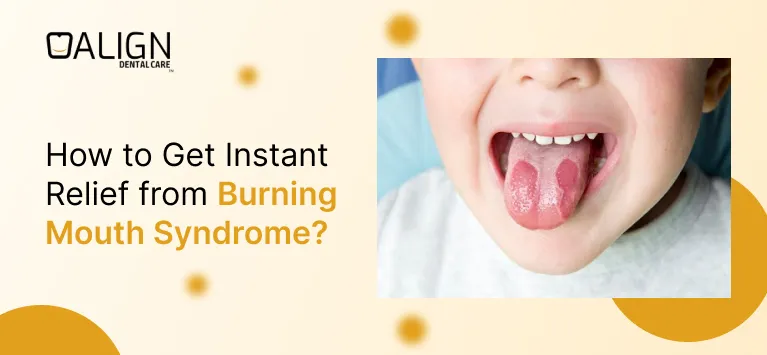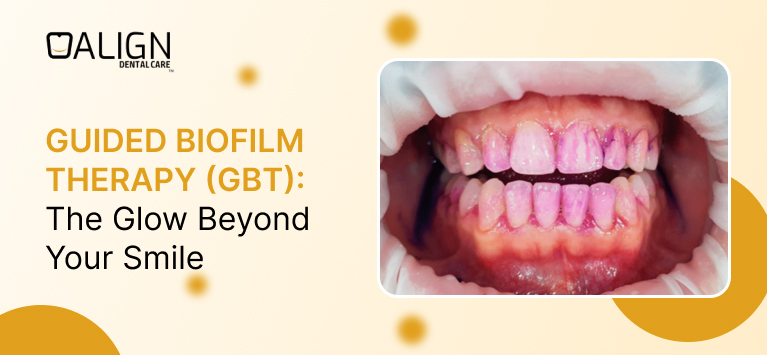
Understanding the Impact of Bruxism on Teeth, Jaws, and Oral Structures
Bruxism is generally defined as strong clenching (clenching) and small movements (grinding) between the upper and lower teeth. During these movements, the extremely powerful forces of the masticatory muscles can be exerted separately from the chewing function itself.
Thus, such exposure can create problems with teeth, such as the appearance of pits in the enamel near the gums, increased tooth sensitivity, tooth mobility, pain when biting, and problems with the jaw joint. Researchers who have been studying bruxism for a long time have been discussing the topic of mental stress and emotional disorders. It is also discussed that aggression may be the reason why there is a significant weakening of certain brain structures in the production of norepinephrine and the formation of stomach ulcers in experimental animals.
The concept of stress management is based on the psychological background of which bruxism is a manifestation and the benefits related to the activity of the masticatory muscles in relieving stress-related symptoms such as stomach ulcers. Clenching and moving (clenching teeth) during bruxism is an emergency response during periods of mental distress in people to cope with stress.
Table of Contents
Forms of bruxism
There are two forms of bruxism:
- Daytime (bruxomania) – teeth grinding, jaw misalignment, thumb sucking, and lip biting.
- Night – a more severe form that has a strong negative effect on enamel, stimulates tooth wear, and increases the load and general tension of the jaw. This disease can and must be fought. There is a special Botox that is injected into the jaw and normalizes its functioning.
Causes of bruxism
Bruxism is a complex condition with a variety of potential causes:
- prolonged stress and nervous tension
- malocclusion
- dysfunction of the autonomic nervous system
- inflammation of the facial nerve
- incorrect orthodontic treatment on braces
- side effects of psychotropic drugs and antidepressants
- Neurological or endocrine disorders: Parkinson’s disease, Raynaud’s syndrome, hyperthyroidism
- hereditary predisposition
- Teething in children
- A man with bruxism
Bruxism symptoms
Recognizing the signs and symptoms of bruxism can be the first step toward effective management. Symptoms may include :
- creaking, chattering, or grinding of teeth at night
- pain in the jaws, face, and neck, and headaches
- increased sensitivity of teeth
- weakening and erasing of teeth
- damage to tooth enamel, the appearance of cracks and caries
- pain when opening the mouth
- pain in the tongue, palate, or mucous membrane of the cheeks
- Insomnia, anxiety, depression, and fatigue due to poor sleep and prolonged pain
The Impact Of Bruxism On Teeth, Jaws, And Oral Health
Long-term effects of bruxism
Untreated bruxism can have major long-term consequences, including considerable damage to the oral cavity. Constant grinding erodes dental enamel, resulting in increased tooth sensitivity, irreversible tooth damage, and even tooth loss. Excessive pressure on the jaw muscles and joints can develop temporomandibular joint (TMJ) disorder, which causes discomfort and dysfunction in the jaw joint and the muscles that regulate jaw movement. Untreated bruxism can cause changes in face structure and appearance over time owing to persistent muscular stress in extreme instances.
Bruxism and dental damage
Bruxism is one of the primary causes of dental injury. Grinding can cause tooth loss, fractures, and even loosening of teeth due to the high pressure and friction. Excessive stresses can potentially harm or displace dental restorations such as crowns, bridges, implants, and fillings. It is vital to remember that this sort of damage jeopardizes not only the look of the teeth but also their functionality, perhaps making chewing and speaking more difficult. Furthermore, repair is sometimes complex and costly, stressing the need for early detection and management of bruxism.
Bruxism and systemic health
Bruxism can lead to a variety of greater health concerns in addition to oral health. Notably, it is a risk factor for temporomandibular joint (TMJ) problems, which can cause substantial discomfort and impaired jaw function. Another typical side effect of bruxism is sleep disturbance, which can cause exhaustion, cognitive issues, and an increased risk of various health diseases such as cardiovascular disease and diabetes. Furthermore, the prolonged tension and pain associated with bruxism can have a severe impact on mental health, resulting in greater stress and a lower overall quality of life.
Diagnosis of bruxism
There are several methods for diagnosing bruxism:
- Clinical examination: On examination, the doctor may see worn, broken, or cracked teeth, enlarged masticatory muscles, and other changes in the dentoalveolar system.
- Electromyography: This allows you to measure the activity of the masticatory muscles. This method helps to understand if you have bruxism and determine its severity.
- Radiography: Used to identify structural changes in the dental system due to bruxism.
- CT scan: Used to obtain more detailed information about the structure of the dental system and identify its changes.
Treatment of bruxism in Dentistry
Treatment of bruxism depends on its cause and includes different approaches:
- Bite correction: If bruxism is caused by a malocclusion, the doctor will perform orthodontic treatment using braces or other orthodontic devices.
- Use of removable night splints: For bruxism due to stress or sleep disturbance, removable splints are helpful to protect the teeth and relieve muscle tension.
- Use of medications: Muscle relaxants, antidepressants, and anxiety medications can help relieve muscle tension and reduce bruxism.
- Physiotherapy: Helps strengthen facial muscles, reduce pain, and relieve tension.
- Surgical intervention: In some cases, such as violation of the function of the TMJ, surgery may be required.
Prevention of bruxism
To prevent bruxism, it is recommended:
- avoid stress;
- Do not drink alcohol or drugs because they worsen the condition of the nervous system;
- Consult a doctor if you have problems with the dental system, neurological or endocrine diseases;
- Treat your teeth in a timely manner and correct your bite.
If you notice symptoms of bruxism, consult a doctor immediately. Timely treatment will help to avoid complications and maintain healthy teeth.
To summarize
Bruxism is a complicated sleep problem that can have serious effects on dental health and general well-being. It is critical to recognize its indications and symptoms, such as teeth grinding, jaw discomfort, and dental damage, in order to intervene early. If left untreated, bruxism can cause long-term dental problems such as tooth sensitivity and TMJ difficulties, as well as systemic health issues and a lower quality of life. Depending on the reason, many diagnostic procedures and therapy options are available. Stress management and getting expert treatment when symptoms occur are part of the prevention process. Remember that prompt action is essential for maintaining healthy teeth and a pain-free lifestyle.












